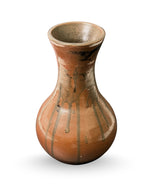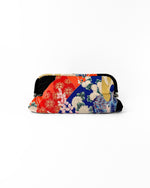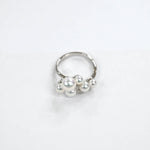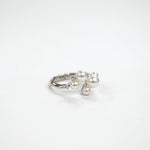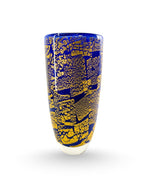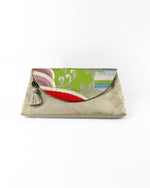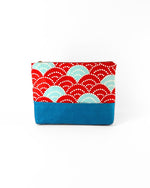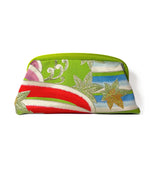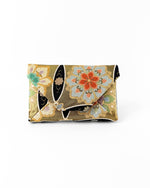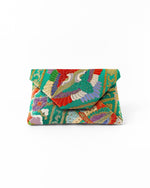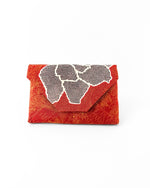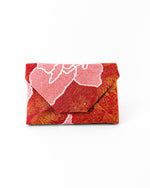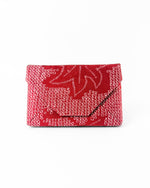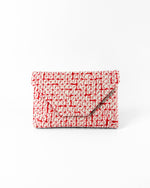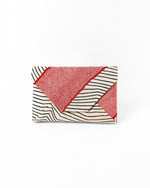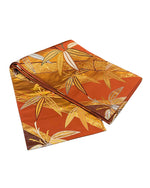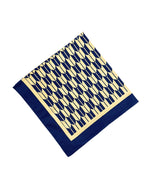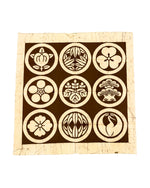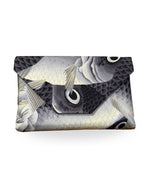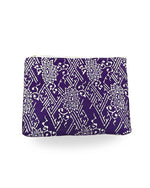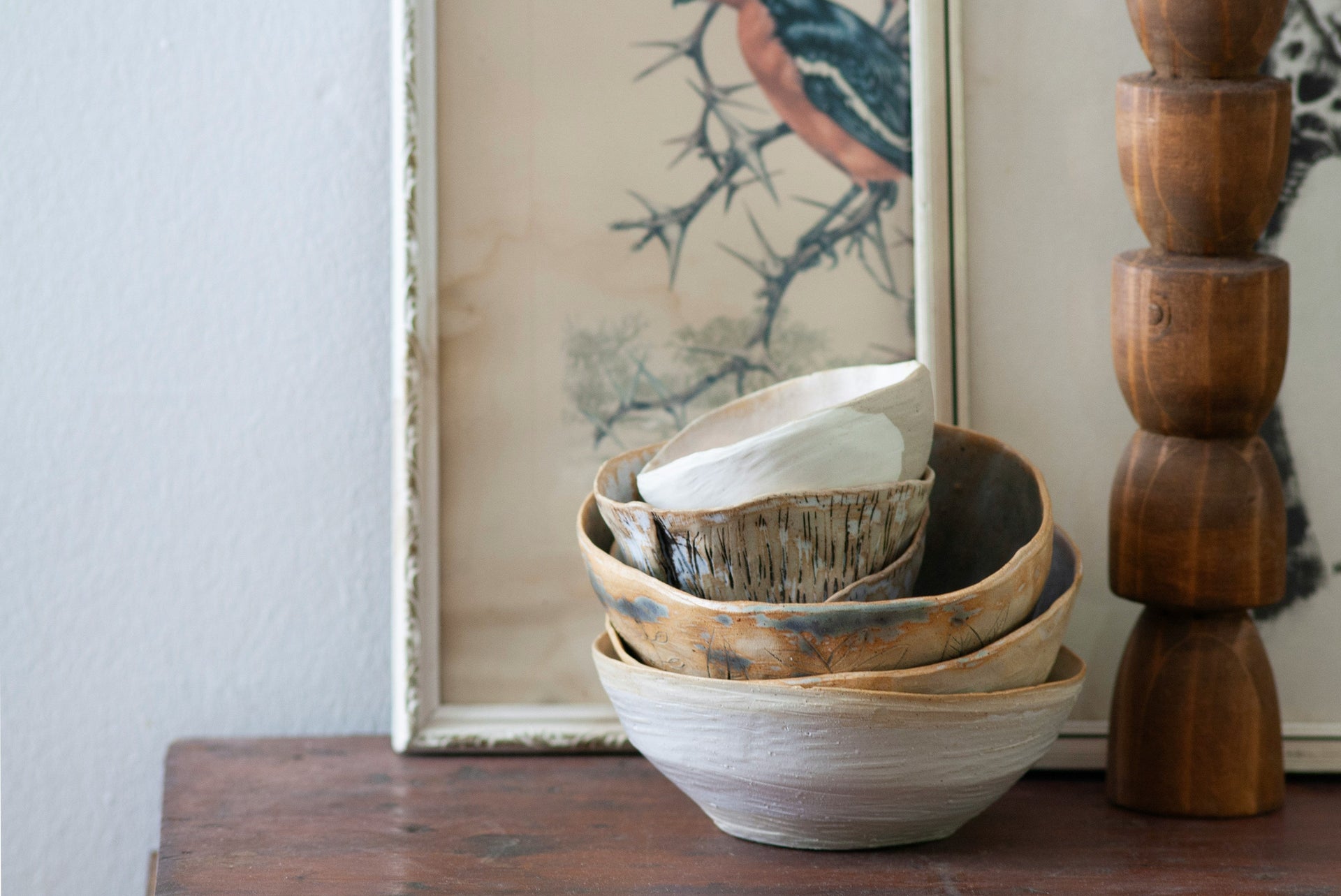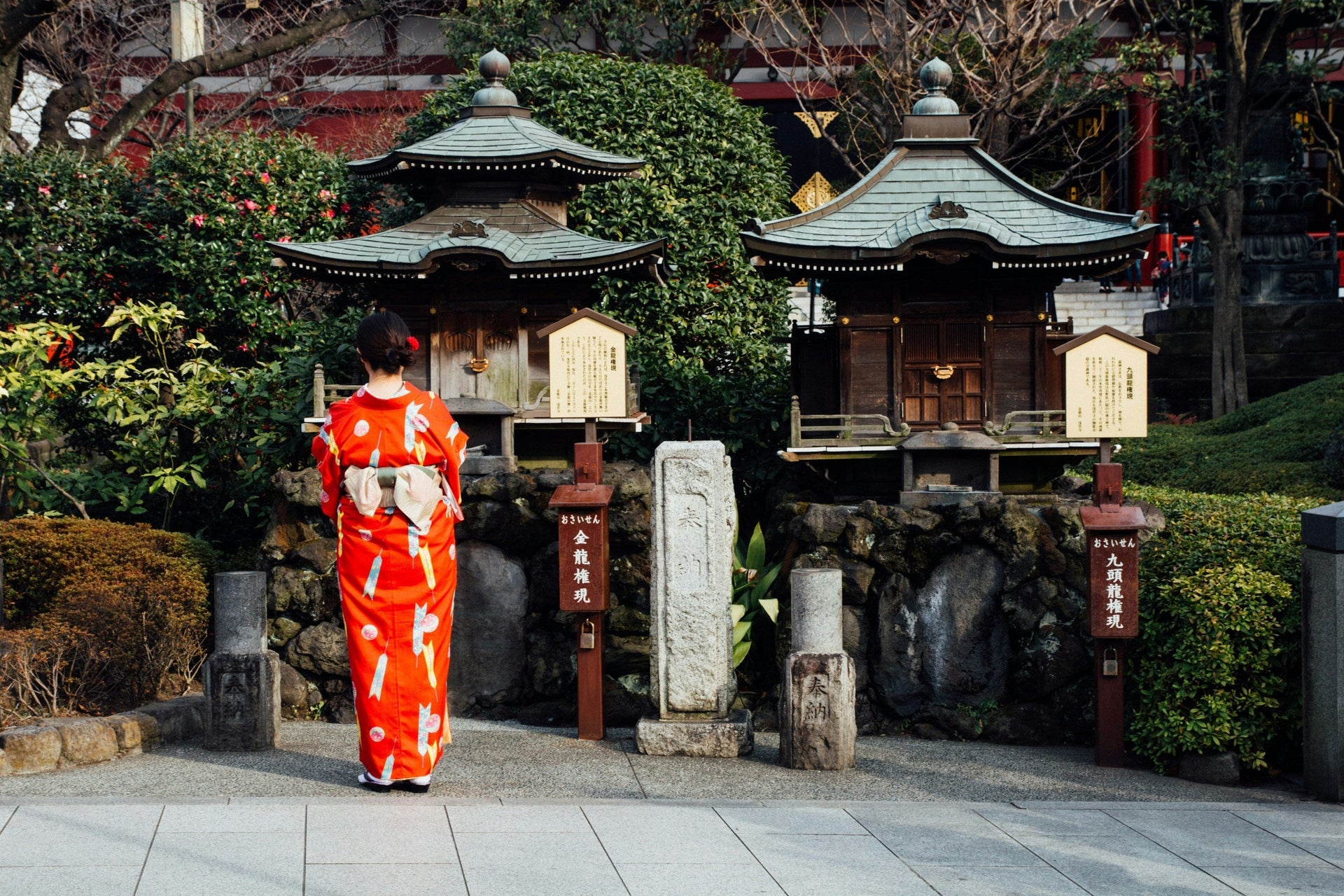Once worn daily, the kimono has evolved over the centuries to become an iconic piece of Japanese fashion. Yet few people know the deep meanings behind its patterns and fabrics.
The History of the Kimono
Introduced to Japan in the 7th century under the influence of China’s Tang dynasty, the kimono was quickly adapted and transformed by the Japanese themselves. Worn by both nobility and commoners, it reflects the trends of each era while remaining deeply connected to Japanese culture and history.
Patterns and Symbols
Choosing a kimono depends on many factors: the occasion, the wearer’s age, and the season. Some patterns, however, carry universal meanings:
-
Natural elements: The seigaiha pattern represents ocean waves and symbolizes calm strength and tranquility.
-
Flowers: Plum blossoms, peonies, cherry blossoms… Each flower tells of life’s fragile beauty and the elegance of the present moment.
- Animals: From carp to deer, every animal motif conveys strength, courage, and determination. Kimonos thus become wearable talismans.
These motifs are not merely decorative, they reflect Japanese beliefs and values.




Textures and Fabrics
The kimono is both a sacred and prestigious garment, made from high-quality fabrics such as silk, cotton, and wool. The weaving and embroidery techniques are essential, as seen in the kanoko pattern. The fabric is carefully tied before dyeing, creating delicate spots reminiscent of a fawn’s back, an animal sacred and protected in Japan. This complex technique makes the kimono especially valuable.
Reinventing the Kimono?

Today, the kimono remains a powerful symbol of Japanese culture. It is worn at traditional events and continues to fascinate tourists from around the world. Some pieces are even reinvented as contemporary accessories, such as unique bags.
Every kimono tells a story. Collecting these garments and accessories is a way to preserve and celebrate Japanese heritage.
Have you ever worn a kimono for a special occasion? Share your experiences and impressions in the comments below!
